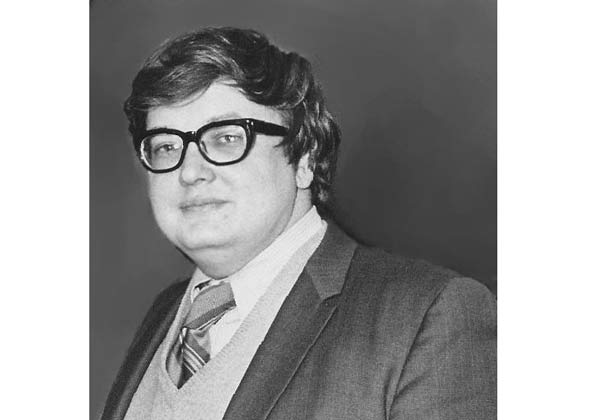
The death of Roger Ebert this past Thursday was not just a great loss for journalism but also a great loss for the entire film industry. Film critics are known for their tumultuous relationships with actors, writers and directors, but without them, the industry would be a joke. We rely on critics to help us delve deeper into our favorite movies and expose us to truths we never knew existed. And when we disagree with them, that’s even better — that means we’re thinking.
A critic is your adviser, your companion and your friend, and the best critics know how to communicate with their audience and develop a sense of camaraderie.
Nobody knew how to do that better than Roger Ebert. Even before the Internet, Ebert developed a fanbase through his ability to write as if he were having a conversation with the reader. He looked out for his audience and never condescended. He didn’t automatically like a film just because it was “prestigious,” and he didn’t belittle a film just because it was mainstream. He truly respected his readers, and he wanted them to challenge themselves and expand their minds about what they expected from a movie.
Although a critic of the print age, Ebert was able to reach his full potential as a critic on the Internet. He discovered blogging, Facebook and Twitter, and he communicated with an audience on a larger scale than ever seemed possible. Even after suffering papillary thyroid cancer, undergoing several surgeries and losing his lower jaw, Ebert was still talking.
It’s ironic, like something out of a movie, the way that Ebert lost the physical ability to speak and yet was louder than ever before. If there was ever an argument that journalism is being saved and not destroyed by the invention of the Internet, Ebert is the prime example.
In the days leading up to his death, Ebert was still talking — his last blog post, posted the day before he died, informed readers that he was taking a “leave of presence,” but assured them that he was “not going away.” Still, looking back, one must wonder if he knew what was coming. His last line ominously reads, “So on this day of reflection I say again, thank you for going on this journey with me. I’ll see you at the movies.”
Ebert’s impact as a film critic will always be felt in the way he reminded us that movies are a group experience, meant for being shared and discussed. He wrote for everybody — not just for film scholars and not just for the everyday audience.
Whatever your favorite movie may be, go check out Ebert’s review and read his comments — you might not agree with him, and you might even hate him for it, but at the very least, he’ll inspire you to think about it.
Jeremy Grossman is film editor. Email him at [email protected].
























































































































































